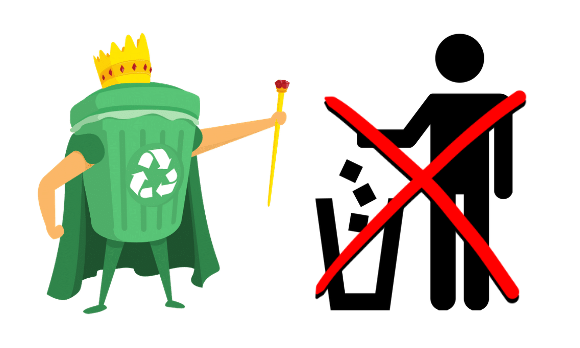Two-Way Talk (Gorilla Radio Blog)
Two-way talk is our expansive blog where we tackle our frequently asked questions in detail. We provide informative articles relating to two-way radio communication, maintenance and everything in between.
Better Coverage = Better Business In-building Mobile Phone Coverage (IBC)
Better Coverage = Better Business
In-building Mobile Phone Coverage (IBC)
Have you had your phone dropout mid-call?
Have you been waiting for an important work e-mail, and it appears for some reason… hours later?
In the fast-paced environment we work in today, not being connected can mean loss of a sale, missing a deadline or potentially losing a customer.
Nowadays customer’s in-store payments are made more and more from their phones or they’re searching for the best price or information on a product.
Imagine telling a customer/client “Sorry your phone won’t work in here” and think how long they would stay.
Well, what’s the solution how do I fix this? The Answer

Cel-Fi Signal Boosters take the signal from outside the building and boost that signal inside. It’s a lot more complicated than that but to simplify. From this...... to this.

Cel-fi have scalable solutions from your small café’ trailer to warehouse all the way to skyscraper buildings.
Offering single carrier solutions for businesses utilising the same provider to multiple carrier solutions for customer facing retail establishments and shopping centres.
Quite often mobile phone signal is an afterthought, buildings are constructed only to find afterwards that the building material is stopping the signal from getting in. e.g steel & concrete
What’s the next step? How do I find out whether this will work for my business?
1st - Get in touch - we offer site signal tests to verify if Cel-Fi is the best solution.
We can discuss what your requirements are to get back to business without the headache.
If for some reason, we can’t get to you we can guide you through what to look for.
Revolutionizing Bluetooth Radio Rider Connectivity
GME XRS-660 Handheld Radio Introduces
All-in-One Radio Solution for Motorcyclists"
"Say Goodbye to Bluetooth Hassles and Hello to Seamless Integration"
For motorbike riders seeking radio integration into their helmet system, the search for an affordable and reliable solution has been a daunting task. Say goodbye to the frustrations of finicky Bluetooth adaptors and cables. With GME's solution, enjoy enhanced range without worrying about phone signal limitations. Plus, the VOX capabilities ensure hands-free operation, keeping you connected to your fellow riders while keeping your focus where it matters most - on the road ahead.
No more hours spent troubleshooting—just connect to your helmet and ride on.
Click here to see the New XRS GME XRS-660
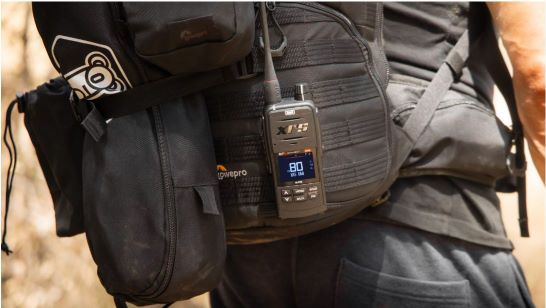
Secret Squirrel Stuff ( Private Frequencies for my Business)
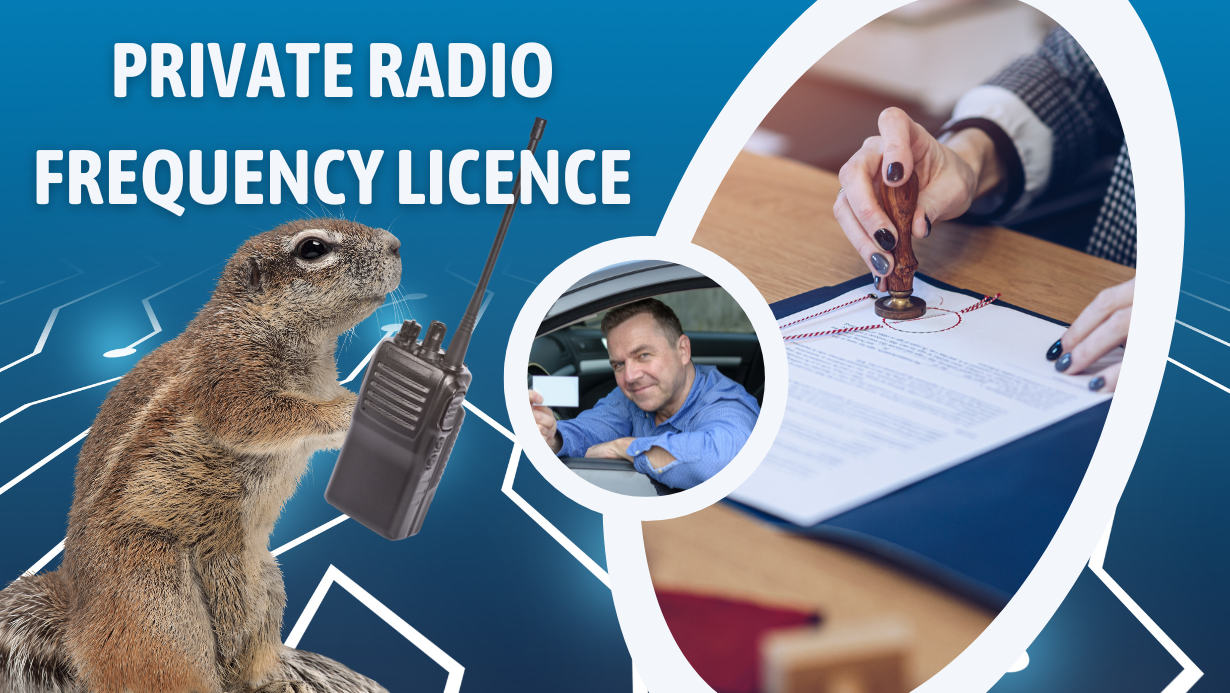
Do I need a private frequency for my business?
This comes down to the nature of your business and it’s needs. If your team need to communicate private information or need to co-ordinate without interruption. A private frequency is the best way to ensure this. It can also increase the safety of your team; we’ve all heard stories of pranksters giving incorrect information to tower crane operators or sabotaging comms and stopping work. While plenty of businesses to this day utilise the CB frequencies while free, does come with its disadvantages such as interference and congestion.
What licence should I apply for?
Your radio provider should ask a host of qualifying questions before putting through an application:
- -How many radio user’s will there be? (Capacity)
- -How many channels do you require? (Capacity)
- -Will it be used in one fixed location, or will it be used in multiple locations? (Type of Licence)
- -What is the size of the site and what coverage are you hoping for? (Power)
Capacity
Establishing the capacity of a radio network, is integral to ensuring it doesn’t collapse. If there are too many users on one channel it can congest the channel and will inhibit effective communication. Future proofing your system for new buildings or if extra staff are to be employed are both considered before suggesting how many channels you require.
Types of Licences
Fixed Location Licences
Can only be used in one location. If you require extra coverage for your site, you can apply for a high Power location licence as long as it’s available. Keep in mind you’ll likely need additional equipment (Radio Repeater) to do the leg work for your site.
Area Wide Licences
If you’re business requires your staff to operate in different locations. Area Wide licences are great for teams to deploy in multiple locations when required. You can ask for a State Wide or Australia Wide Licences prices vary. Area Wide licences are limited to 5 Watts. Area Wide Licences are to only be used in the same location for 4 weeks at a time otherwise a fixed site licence is required. Area wide licences does not guarantee to be free of interference if this does occur an agreement is to be made with the other user. The ACMA tries it’s best to allocate licences to prevent this happening and is substantially less congested than Citizen Band
Private Frequencies Costings:
ACMA charge a one-time initial application fee per frequency, then charge an annual renewal fee for the continual use of the frequency.
ACMA private Frequencies are determined by the Density of the area.
You can have as many radios as you like programmed to your frequency we’ve seen in the past other businesses charge per radio which is not correct.
To Bin or Not to Bin (Repair or Replace)
Repair or Replace your Two-Way Radio
This can be tough decision to make, when you’ve had your
reliable Walkie Talkie for eons.
However the day has finally come you turn on your radio, but nobodies home. The
radio won’t transmit, won’t receive, the screen is gobbledygook, or the battery
lasts 2 hours into a 10 hour shift.
Could be one or all the above, Randy the reliable radio has finally kicked the
bucket and now you’re asking the age-old question. What to do now, below is a few questions to ask before getting rid of it:
1. Is it under warranty?
Before you do anything check with your radio provider if
it’s still under warranty. Most reputable brand offer a 2 Year to as much as 5
year Warranty on their radios. So double check before you do anything rash.
2. Do I Bin It?
In our throwaway society this is the 1st thought
for most customers. Sometimes the radio is cactus and there’s not much else you
can do besides purchasing a brand new radio. However, if you need to throw it away make sure you recycle your radio properly, radio batteries can be dangerous.
3. Do I get it fixed?
It could be a quick easy fix, there are a few points to consider for this:
- Age of radio
- Cost of radio
- Fault of radio
Age
If the radio is beyond 10 years old, you’re radio has had a
good run. The biggest hurdle technicians face is sourcing parts to be able to
fix the radio especially if the radio is discontinued or no longer in
production.
If the radio is younger than 10 years old than it may be
worth getting it looked at.
Cost
If you spent $300 on your radio, unless it’s a minor fault
most technicians charge anywhere from $100 to $180 ex GST an hour AUD. Once you
add parts and the labour it would be more economical to repair by replacement.
If you spent $1000 on the radio, repair is a very viable
option and often cheaper, then replacing
Fault
This is probably the most important if you can diagnose
what’s wrong with the radio this will save you money. Sometimes it can be a
simple fix; like replacing an antenna, battery, belt clip, case or even
reprogramming a radio can fix it. It’s different each time.
What if I can’t answer any of the questions above?
“I can’t remember where I even
bought the radio,
“It was given to me” “I bought it off ebay.” “I don’t know anything about
radios”
Everyone has their field of
expertise, if in doubt talk to your friendly radio provider, majority of people
in the radio industry are there to help.
They should be able to recognise
the make and model and quickly be able to tell you whether it should be looked
at?
Getting your radio assessed is a
sure-fire way to know 100% whether to repair or replace your radio.
You’ll be given a report with what is wrong with the radio and if it’s
economical to fix.
Your provider should also be able
to advise you on what to look for your next radio.
Once they’ve qualified you’re
requirements.
Is my Two Way Radio Waterproof?
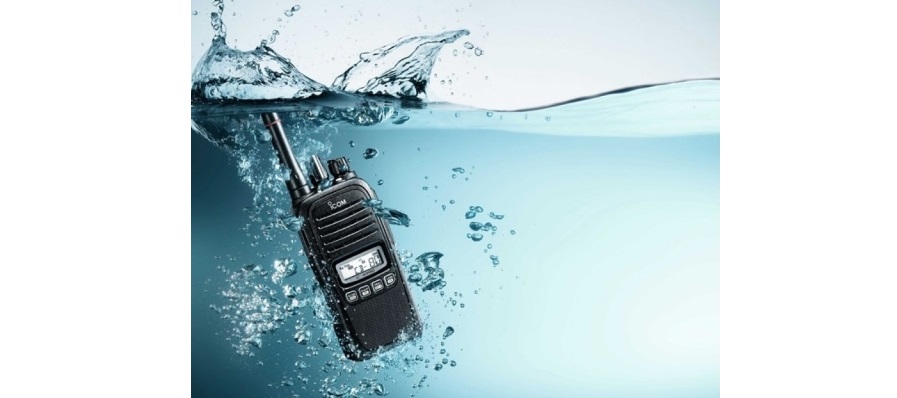
Is my Radio Waterproof?
Why is it important?
Two Way Radios are built for purpose, whether it be camping
out in the wilderness or on a construction site or maybe in an office space. As
radios are often used rain, hail or shine, some radios can be exposed to
elements better than others. Today we’re going to look into IP ratings, what
they mean and why they’re important.
Ingress Protection (IP)
Ingress Protection rating (or just IP rating), is an international standard
(IEC 60529) used to rate the degree of protection or sealing effectiveness in
electrical enclosures against intrusion of objects, water, dust or accidental
contact.
The highest level of Water rating you’ll see are Portable Marine Radios that
are Ingress Protection (IP) 68 Rated with a lot of these radios having Float
and Flash features so that if the boat capsizes or a sailor falls off the boat
with the radio they can still use their radio and be located quickly. This can
be crucial and saving people lives especially at night when visibility is low.
What’s a bit of water:
Water Damaged radios are a technician’s nightmare and once
water gets in water and electronics don’t mix and can create some of the oddest
intermittent faults you’ll see in a radio.
Majority of the time the radio will be deemed unrepairable.
My Two Way Radio doesn’t have an IP rating?
The general rule of thumb is that if your device isn’t IP rated, than assume it
has a rating of IP54.
It’s up to the manufacturer whether they are willing to
stand by their product and prove how rigid and resilient it is to the elements.
It’s expected use in the industry can also determine whether this standard is
applicable.
However, in the radio industry it can be one of the 1st
signs that the radio is not a reputable brand.
It costs the manufacturers money to get this stamp of approval/testing
completed and it’s a way of keeping costs down.
Exceptions to the rule:
Kids radios and camping radios you’ll find usually aren’t IP rated, these
radios can be found relatively cheap and for their intended use if the radio
gets dropped in the river you’ll probably never see again or it won’t be
working after being submerged in the water.
What level IP should I look for Two Way Radios?
I would suggest a good start is IP67, that way if your radio gets dropped in a puddle or cops a bit of rain it won’t be getting water damaged. It also ensures that you can get a relatively long life out of your radio as long as you look after it.
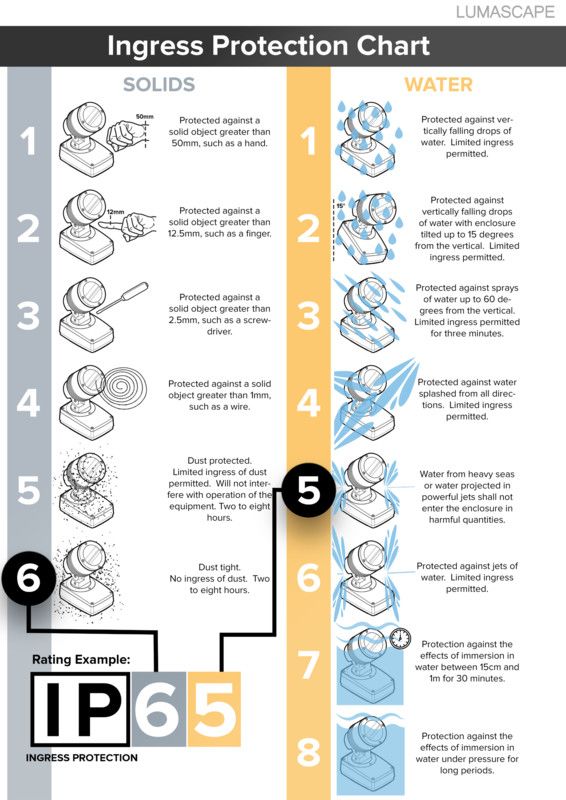
Analog Vs Digital Two Way Radios
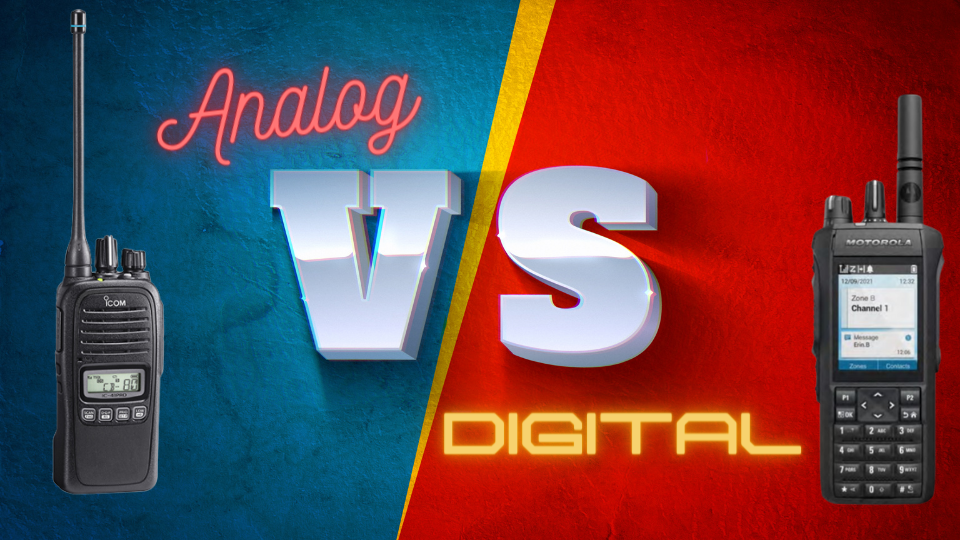
ANALOG vs DIGITAL TWO-WAY RADIOS
Analog radios have been around for donkey’s years and been
proven to be a reliable source for communications.
However, as technology continues to advance; the capabilities of Digital radio
have surpassed their older counterpart.
I’m regularly asked “Do I choose Analog or Digital?”
The short answer if you’re wanting to futureproof your fleet is to choose
Digital.
Keep in mind that most Digital radio have the facility to be programmed in
Analog until you’re ready to transition your fleet across to offer a smooth
analog to digital migration.

Digital Radios offer many benefits vs. Analog radios. Here’s a few:
- Better
Voice Quality
– Most
digital radios come with noise cancelling capabilities perfect for working
if you work in a high-noise environment. Digital radios have clearer transmissions
and your colleagues have a much better chance at hearing what was said.
- Stronger
Coverage
-
Digital performs better even at the far edges of coverage. Built-in error
correction helps eliminate the static, background noise, and voice
distortion that can occur with analog radios as you reach the limits of
coverage.
- Longer Battery Life

Why
you might want to stick to the ol faithful Analog Radio:
Pricing:
Digital tend to be a bit pricier as mentioned before they
are technically an Analog and Digital Radio, a 2 in 1 radio.
Mission Critical:
Digital Radio have a slight delay of about half a second,
this plays a tone to notify the user when its safe to speak. Analog has zero
delay in transmission; in industries that make use of Tower Cranes and Mobile
Cranes Analog still seems to remain king from a safety point of view. Missing
parts of transmission is too risky, while transporting heavy cargo. However, I
can’t see it being too long before Digital finds a way to fix this small issue.
123123.png?1670298263337)
Personal Preference
While it’s a bit of an odd one I’ve had some radio users
that just don’t like the sound of Digital as clear as it is. After working with
the famous analog radio psshhht sound, after each transmission, you get used to
it and users get used to the sound of analog.
Radios are a worker’s tool similarly to the saying “if it ain’t broken don’t fix it” workers in some industries are heavily reliant on their radio for safety purposes, sometimes adding more features can end up bringing more confusion, which you don’t want for communication.
Bang for your Buck: Radio Buyer’s Guide

Bang for your Buck: Radio Buyer’s Guide
I often hear from people “Which radio is right for me?” and “I don’t want to
spend a fortune.”
While radios have been out for 40-50 years; not all of us grew up with a radio
in hand.
Not to mention that radios have evolved and all the “extra”
features can distract you from what you set out to buy.
Some radios are so advanced it could compete with your
smartphone, this can cause a great deal of confusion.
To ease this process I would ask these questions before purchasing radios for
yourself or your team.
Environment
- What kind of environment will the radio be used in, will there be dirt/ dust present?
- Are you working outdoors in the elements or indoors? E.g. Will the radio be exposed to moisture?
- Could my radio be dropped; if so will it drop on carpet, land or water?
Safety
If you’re dependent on your radio for your safety/wellbeing
than this needs to be taken into serious consideration. Talking to a radio
provider may help selecting the right choice for your needs.
Extra Features
Bluetooth, Man Down, Lone Worker, Emergency Features,
GPS, Wi-Fi, Noise Cancelling, Aqua quake, Job tickets, Private Calls, Trunking,
DMR, NXDN.
These are just some of the technical jargon terms that you
might end up seeing during your quest for your radio.
For most users these features are not needed. While it’s always great to
futureproof your radio and have all the whistle and bells; simultaneously you
don’t need a Ferrari to drive to work.
If you’re just transmitting and receiving on your radio then you can most
likely skip these as you won’t end up using them.
2222222.png?1669707275409)
Things to watch out for
You can pick up radios that are cheap as chips. Buying radios
from online sites such as ebay, marketplace etc, can be a risky process.
That’s not to say that there aren’t good buys available online, I simply suggest,
proceed with caution.
If you’re not sure ask. I had a friend
recently buy a Motorola radio off Gumtree; the radios were in working order but
this particular person needed UHF and they accidentally bought VHF, rendering
the radio useless for them.
My checklist when buying a radio? (Feel free to copy this or print this)
If you use the following as a guide, you are more likely to purchase a commercial quality radio that is suitable for the worksite.
If you haven’t heard of the brand, I’d be certainly asking
more questions – from time to time, people will import very cheap Alibaba
radios and re-brand them as a new product.
If you cannot find a warranty/service agent for a particular radio brand or any
other supplier stocking this brand, chances are it’s a cheap import that has
been re-branded.
If you have any questions or simply want us to
eyeball an offer/online deal you’ve found, we are here to help.
How can I get the most out of my radio?

How can I get the most out of my radio?
“A clean radio is a happy radio”
While I know with certain industries this is near impossible
during normal operation hours, but cleaning once a day, once a week, even once
a month can make a huge difference in getting a longer life out of your radio. Tools
for the job; rag, toothbrush, magnet, tissue.
I would start with the toothbrush
getting into the speaker vents and all the nitty gritty spots near the volume
knobs and channels knobs. Follow up with rag to wipe any excess dirt.
The magnet is for specific
industries that deal with metal. Metal
filings can get into the speaker and quickly affect and even break the speaker
if not cleaned regularly, I use a magnet in conjunction with a tissue or towel
wrapped around the magnet and to run it across the speaker vent and you should
see tiny filing pickup on the tissue.
Unlimited POWER!!!
Well not quite, it is recommended to replace your battery
every 18 months. If you’re using your radio in mission critical industries or
work long shifts. After 12 months your radio will lose capacity. So instead of
having 100% charge it may only have 80% charge which means it might not make it
til the end of your shift.
Accessory ImPORTance
If you use your radio without an accessory, like an earpiece
or remote speaker microphone I strongly suggest to place the dust cover that
should come with the radio on.
If your radio has holes, a single drop of water gets in there it can break the
radio and stop it working.
If your radio has pins and corrosion/water damage occurs it can stop accessories from working and make programming your radio difficult and sometimes a repair is required.
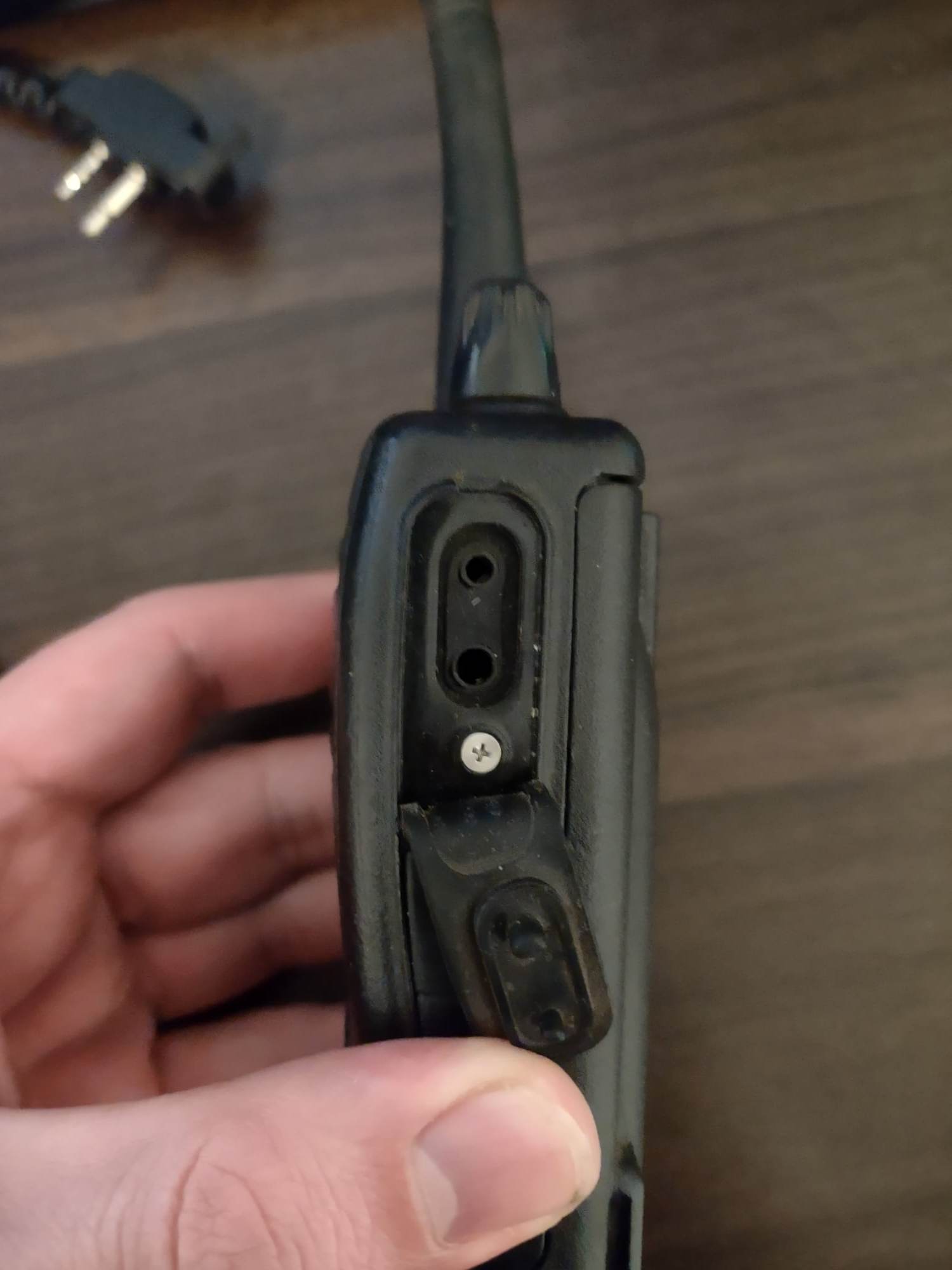
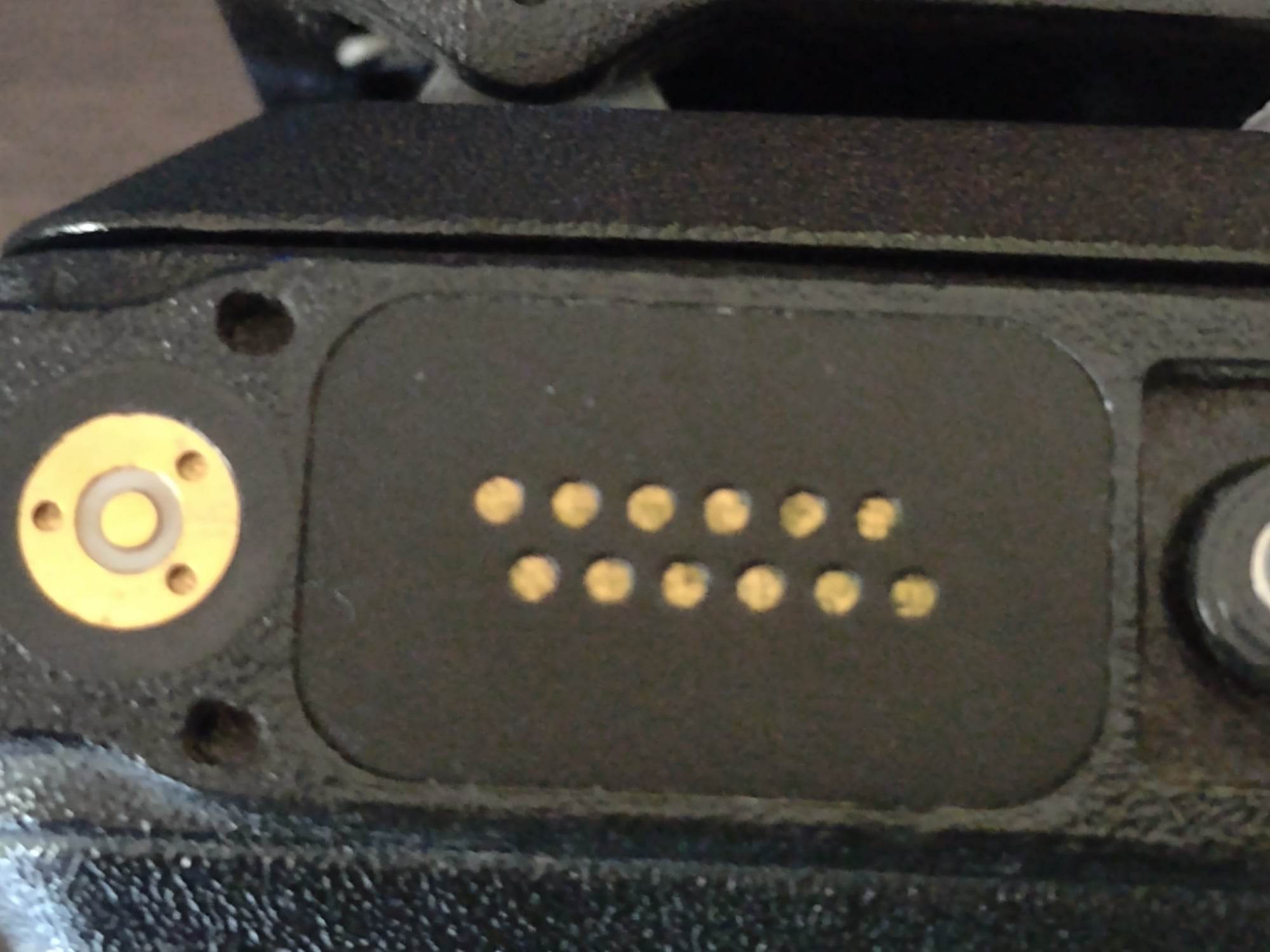
Accidents happen
A lot of radio users put their radio through hell, your
radio isn’t Bruce Willis eventually, your radio will break. Hopefully due to
old age. If it breaks inside the warranty period I always recommend to contact
your radio dealer/manufacturer to see if it’s covered by warranty. If you need
to source a replacement have a look on the market and see what technology has
come out since.
I once had a radio that was dated 09/00 engraved on the front 22 years is a extremely long life for a portable radio, let’s just say that one didn’t get repaired. Some radios are only designed for camping and light use, if you work in a commercial industry than make sure you’re choosing a radio to fit your industry.




